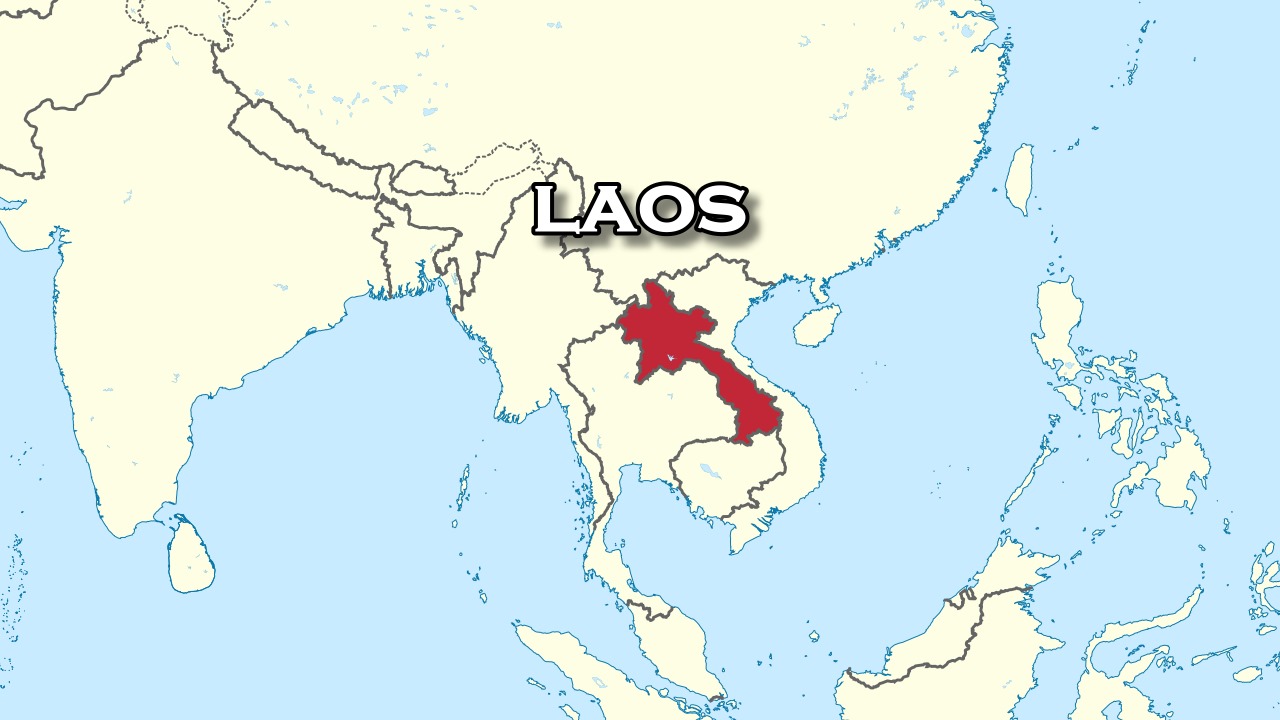By Stefan J. Bos, Chief International Correspondent Worthy News
VIENTIANE (Worthy News) - Christian investigators say they are concerned about a series of attacks against Christians in Laos, including the recent killing of a pastor and the earlier murder of another church leader.
Thongkham Philavanh, who was killed last month, “was a pastor among the Khmu people of northern Laos, where he also served as the provincial head of the Lao Evangelical Church,” said advocacy group Voice Of the Martyrs Canada (VOMC).
“Actively involved in ministry throughout the province of Oudomxai, he was closely monitored by authorities and had been repeatedly warned to stop his Christian activities,” VOMC told Worthy News.
“On the evening of July 22, two masked gunmen came to Pastor Thongkham's home in Chang Village. After a brief altercation, the church leader was shot twice. Despite being rushed to a local
hospital, he died on arrival,” added VOMC, which closely followed the case.
The 40-year-old Christian leaves behind a wife and two children, “along with numerous foster children who received refuge in their loving home,” the advocacy group said.
The motive wasn’t immediately clear, but it came amid mounting anti-Christian sentiments in Laos, a Communist-run, mainly Buddhist Asian nation, Christians suggested. “This incident is the latest in a series of attacks on Christians in Laos, including the unsolved murder of Pastor Sy Seng Manee in October 2022, along with numerous other acts of violence,” VOMC explained.
URGING PRAYERS
Christians urged prayers for late Pastor Thongkham's church and community members “who are deeply missing their leader who was known for his profound wisdom, unwavering faith, and boundless compassion."
VOMC said it had also asked its supporters to pray for the devoted Christians in the Communist Asian nation, especially those involved in evangelism. “As the Lord brings them to your mind, please remember to pray for the families of Pastor Thongkham and Pastor Sy as they mourn the loss of these dear Christian leaders, asking our
Heavenly Father to minister His abounding comfort, love, and peace to each one,” VOMC stressed in a prayer alert to supporters.
Despite the dangers, it noticed the “ongoing ministry efforts of our Christian brothers and sisters in Laos,” adding it was praying “for increased
opportunities to spread the hope of the Gospel message throughout this Communist nation.”
However, that isn’t easy, as the nation ranks 21 on the annual World Watch List of 50 countries where advocacy Open Doors says Christians face the most persecution for their faith in Christ.
“At the local level, Communist authorities heavily monitor religious activities in some parts of the country. In these areas, church leaders reported cases of local authorities closing down house churches,” Open Doors noticed in a recent assessment.
“These gatherings must operate under the radar; technically, they are illegal. But even among registered churches, the threats are real. They are monitored, and it's estimated that 75 percent of all registered Lao Evangelical church congregations must worship in homes, which authorities consider illegal since worship gatherings are only allowed in approved religious buildings.”
HOUSE CHURCHES
According to Christians familiar with the situation, many unregistered house churches gather under the umbrella of a national registered church.
“Converts to Christianity carry additional vulnerabilities,” Open Doors said.
“Because they are seen as traitors to their communities who have angered the spirits, they can face pressure and violence from their families and local authorities,” the group stressed.
Local authorities and families have been known to stir up anti-Christian sentiments within the local community, who often expel Christian converts from their homes and villages, Worthy News and rights groups established.
Christians comprise less than 2 percent of Laos’ predominantly Buddhist population of nearly 8 million people, according to the U.S. Central Intelligence Agency (CIA).

